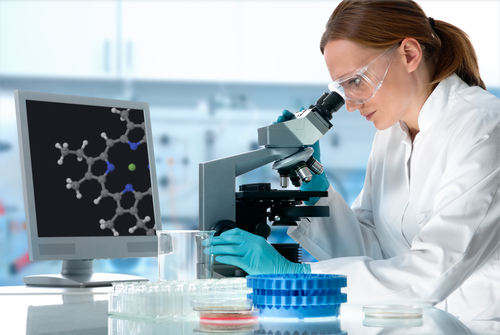University researchers at the Fundação Oswaldo Cruz, in Rio de Janeiro, Brazil, recently released findings from a review study in which they investigated the anti-inflammatory effect of the most common treatment options for Lower Urinary Tract Symptoms (LUTS) in men with benign prostatic hyperplasia (BPH). The study, “The role of phosphodiesterase-5 inhibitors in prostatic inflammation: a review,” was published in the latest edition of the Journal of Inflammation, and the authors aimed to provide a comprehensive summary of the use of phosphodiesterase-5 inhibitors (PDE5Is) to treat prostatic inflammation, the hallmark of BPH.
Researchers reviewed 110 published studies that investigated the mechanisms of PDE5Is as a treatment option for various systemic pathologies, and the observed anti-inflammatory effect of these drugs.
Pertinent findings from the literature included:
- Clinical and basic experimental evidence indicates that chronic inflammation is the major factor in BPH progression
- Evidence suggests a link between inflammation and prostate proliferative diseases such as BPH and prostate cancer
- In many types of cancer, such as colon adenocarcinoma, bladder squamous carcinoma and lung cancers, PDE-5 expression is elevated, meaning that these enzymes play a role in controlling the body’s cellular regulation mechanisms
- PDE5Is have cardioprotective effects and could also be used to treat insulin resistance and inflammation
- PDE5Is have been shown to preserve penile corporal smooth muscle and decrease fibrotic degeneration after bilateral cavernosal nerve resection
- PDE5Is have shown neuroprotective activities for the bundles of nerves throughout the pelvic region
When discussing their findings the researchers wrote: “PDE5Is are therapeutical tools used for several urological and non-urological disorders, and experimental evidence suggests that their chronic use does not induce cellular and molecular prostatic alterations. The mechanisms involved in improvements observed in BPH/LUTS possibly include relaxation of the smooth muscles of the bladder and prostate by NO/cGMPc signaling or via improving RhoA/Rho-kinase (ROCK), and by reduction of the hyperactivity of the autonomic nervous system. PDE5Is can also direct and indirectly down-regulate prostatic inflammation/BPH/LUTS by inducing high levels of cGMP.”
Because inflammation is a major factor in benign prostatic hyperplasia progression, “PDE5Is could also restore prostatic function, as they act as potent anti-inflammatory drugs,” researchers concluded in their study.

